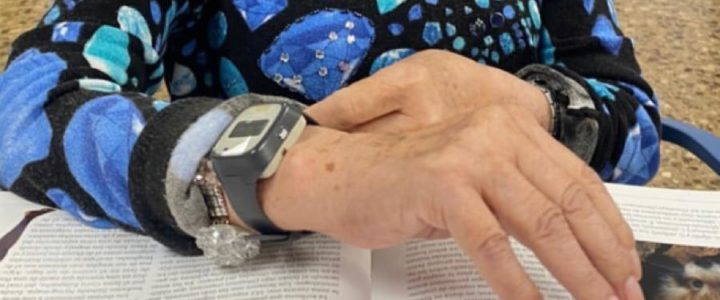From the Estivill Sleep Foundation we started the year with a new research project based on light exposure in elderly people with dementia with the aim of improving their quality of sleep.
In the present project we promote the care of our elderly, who are suffering so much in the current pandemic situation because of their vulnerability. Confinement prevents them from going outside on a regular basis, which substantially reduces their activity, and exposure to natural light. This triggers a deregulation of their biorhythms.
Light is the most important external signal that synchronizes the secretion of Melatonin, the hormone that tells us it is time to sleep. In the morning, light exposure reduces this hormone and our body prepares to be alert during the day. The lack of melatonin regulation as a circadian rhythm (i.e. with a repetitive rhythm every 24h), causes a disorder of sleep schedules and its depth and restorative capacity.
In the case of elderly people with dementia, they have a mostly superficial sleep architecture, with fragmentation and difficulty in reconciliation. Their circadian rhythms are weaker. But if we add incorrect habits, we aggravate all the symptoms of this insomnia.
In this population group, a lack of rest is especially detrimental, a rest they need to have a good day, which is noticeable in their well-being and in all the symptomatology associated with dementia.
That is why in this project we want to apply Luminotherapy as an intervention to improve this sleep, a sleep they need to be better during the day. For this reason:
- We will study your sleep using Actigraphy (a clock that measures activity during the day and night to predict sleep).
- We will apply Luminotherapy 40 minutes a day for 3 weeks, using a device like glasses. In this case, a disinterested contribution from GoAYO.
- We will measure the therapeutic effects again after 3 weeks to see if there have been changes in day-night activity and symptomatology derived from the diseases or cognitive impairments. We will measure:
- Dream
- Regular sleep schedules
- Daytime sleepiness
- Anxiety
- Agitation
With this project we continue in our line of work promoting non-pharmacological therapies that contribute to a better quality of life for the elderly.

